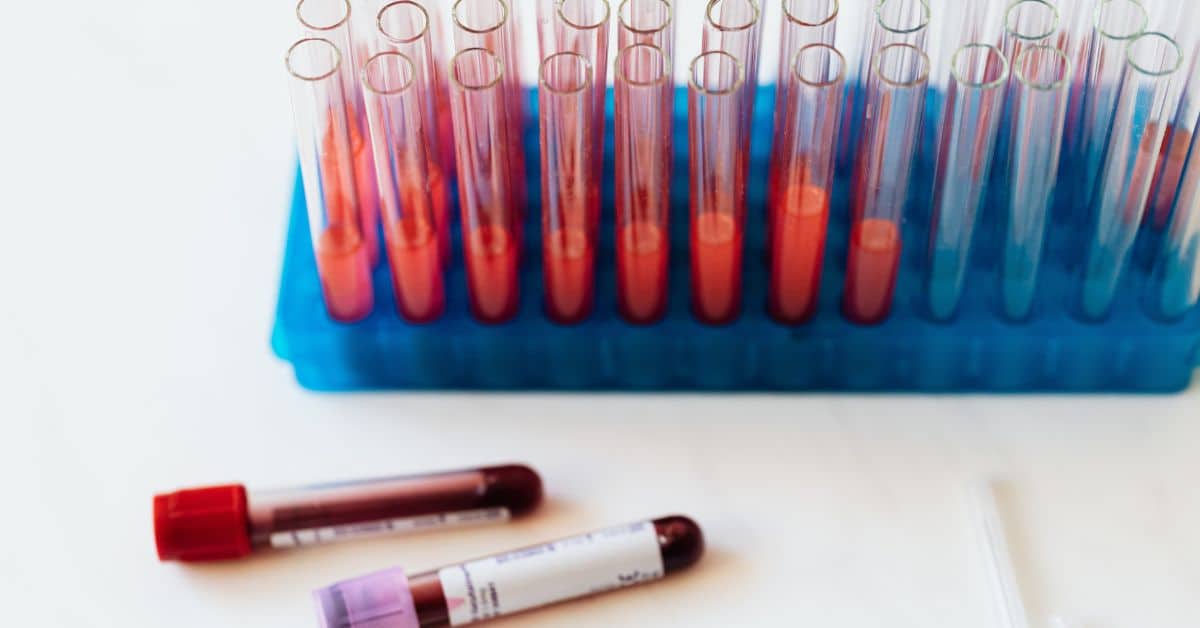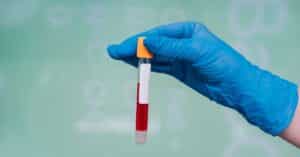Blood-based drug testing is becoming increasingly popular as a way to detect substance abuse in individuals. But how accurate are these tests? Are they reliable enough to be considered a gold standard for drug testing? In this blog post, we’ll take a closer look at the accuracy of blood-based drug tests and explore their benefits and drawbacks. So, if you’re curious about the science behind this type of drug test, or simply interested in learning more about it, then keep reading!
How Accurate are Blood-based Drug Tests?
Blood-based drug tests are considered to be one of the most accurate methods for detecting drugs in an individual’s system. These tests typically involve analyzing a blood sample for the presence of specific substances, such as cocaine or marijuana. for any kind of test consult blood test laboratory in Patiala at Rapid Lab.
The accuracy of blood-based drug testing largely depends on several factors, including the type of substance being tested for, the sensitivity of the test used, and how recently an individual consumed or ingested a particular drug. For example, certain drugs may only remain detectable in blood for a few hours after use, while others can stay in circulation for several days or even weeks.
Blood-based drug tests have been shown to have high levels of accuracy when administered properly by trained professionals. However, it is important to note that false positives and false negatives can still occur due to various factors such as lab errors or cross-reactivity with other substances.
Despite some limitations and potential drawbacks associated with this method, many healthcare providers continue to rely on blood-based drug testing as a reliable means of detecting substance abuse in patients.
What are the Benefits of Blood-based Drug Testing?
Blood-based drug testing has become an essential tool for detecting drugs in the body. In comparison to other types of drug tests, blood tests provide a more accurate result due to their ability to detect small amounts of drugs and their metabolites. for month regular check up consult blood test laboratory in Patiala at Rapid Lab.
One benefit is that blood-based drug testing is highly effective in identifying recent substance abuse. This test can determine whether a person has taken a specific type of illicit substance within the last few hours or days, making it useful for workplace safety screenings.
Another advantage is that this test provides information about the concentration levels of certain drugs present in the bloodstream. This information helps healthcare professionals monitor medication adherence and dosage levels, ensuring patients receive proper treatment.
Furthermore, blood-based drug testing can be used as evidence in legal cases involving driving under the influence (DUI). A positive result can help law enforcement agencies prosecute offenders by proving they were under the influence at the time of arrest.
In addition, some employers may require their employees to undergo regular blood-based drug screening as part of their company’s health policy. This ensures workplace safety by preventing impaired workers from operating heavy machinery or performing hazardous tasks.
While there are some downsides to blood-based drug testing such as invasiveness and cost-effectiveness concerns, its benefits cannot be ignored. Its high accuracy rate and ability to detect recent use make it an integral component in maintaining public safety and promoting overall wellness.
Are there any Downsides to Blood-based Drug Testing?
Blood-based drug testing is an incredibly accurate way of detecting the presence of drugs in a person’s system. However, it does come with some downsides that need to be taken into consideration before deciding to use this method.
One major downside is that blood-based drug tests are invasive and can be uncomfortable for the person being tested. This type of test requires a needle to draw blood from the individual, which can be painful or cause anxiety for some people.
Another disadvantage of blood-based drug testing is its limited detection window. While urine and hair tests can detect substances over longer periods, most drugs leave the bloodstream within 24 hours, meaning that this method may not always provide an accurate picture of long-term substance abuse.
Additionally, blood tests tend to be more expensive than other types of drug testing methods. The cost associated with hiring medical professionals and purchasing high-quality equipment needed for this method often make it unaffordable for businesses or individuals who require frequent testing.
There are also concerns about privacy when conducting a blood-based drug test as it involves collecting sensitive medical information about the individual being tested.
While there are certainly benefits to using a blood-based drug test when compared to other methods such as saliva or urine testing; there are significant disadvantages as well. It’s essential to weigh these pros and cons carefully before making any decisions on what type of screening process will best suit your needs.
Conclusion
Blood-based drug tests have proven to be accurate and reliable methods for detecting the presence of drugs in a person’s system. These tests are preferred by employers and law enforcement agencies due to their high level of accuracy and ability to detect a wider range of substances than other testing methods.
If you’re concerned about passing a drug test or want an accurate way to monitor your own substance use, blood-based drug testing might be the right choice for you. Always consult with a medical professional before undergoing any type of drug testing procedure.




